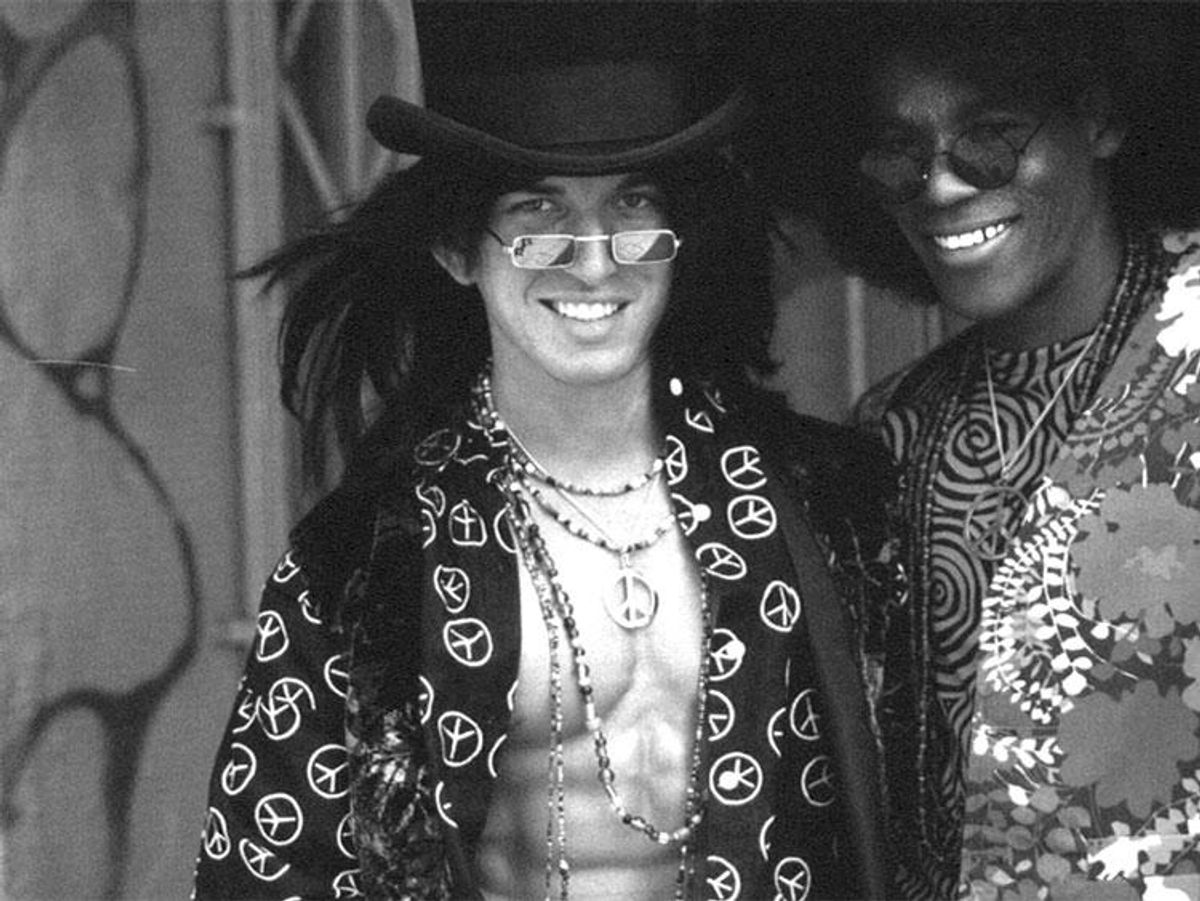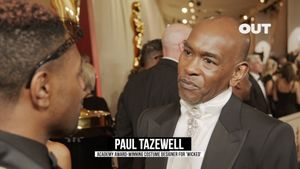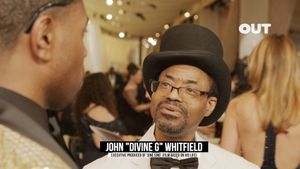All Rights reserved
By continuing to use our site, you agree to our Private Policy and Terms of Use.
For LGBTQ people, printed media like The Advocate has had an important role in creating and fostering strong community ties. Now, some of the earliest periodicals and newsletters, which shaped the perceptions of relevant issues for the LGBTQ community while providing news and information on meetings, demonstrations, events, entertainment and even LGBTQ-friendly businesses -- have been digitized, preserved and made available in The Archives of Human Sexuality and Identity, the largest digital archive on LGBTQ history and culture. Developed and launched by Gale, a leading provider of resources for libraries and part of Cengage Learning, Part One: LGBTQ History and Culture since 1940 is now available, with two additional parts planned for the future.
While one highlight of the archive is the unparalleled collection of newsletters, newspapers, and periodicals by, for, and about gays and lesbians -- including some from places as distant as Latvia and Zimbabwe -- The Archives of Human Sexuality and Identity goes well beyond these periodicals. It brings together in digital form approximately 1.5 million pages of rare and unique content -- including personal correspondence and interviews with numerous LGBTQ individuals, organizational papers, government documents, manuscripts, pamphlets and other types of primary sources. The Archive covers social, political, health and legal issues impacting LGBTQ communities around the world, including the gay rights movement and the HIV/AIDS crisis.
Trending stories
Some examples of the historical material in the archive include:
* Meeting, committee, and conference minutes, notes, and transcripts from LGBTQ rights organizations worldwide
* Administrative records of LGBTQ rights groups, such as bylaws and membership lists, as well as materials produced by these groups such as press releases, articles, fliers, handbills, brochures and presentations
* U.S. and International newspapers, newsletters, and magazines and press clippings about gay and lesbian issues
* Internal U.S. government memoranda and studies and reports by U.S. government agencies and nongovernmental organizations
* International reports, policy statements, and documents related to LGBTQ health and rights
* Personal correspondence; Surveys, election questionnaires, records of site visits
* Photographs
This important historical material spans decades and languages. Content goes back to 1940 with the bulk of material dating from 1950 to 1990. Most materials are in English, but the archive also contains periodicals in other languages. This content has been sourced from major gay and lesbian organizations worldwide, such as the Canadian Lesbian and Gay Archives, GLBT Historical Society, New York Public Library, Lesbian Herstory Educational Foundation, Inc. and more.
In short, the archive chronicles important aspects of LGBTQ life in the second half of the 20th-century and beyond, starting in the 1940s and 1950s, when American and British lesbians and gays began forming organizations to educate others and advocate for greater acceptance. The Archive's records of the earliest US gay rights (Mattachine Society) and lesbian rights (Daughters of Bilitis) organizations include both internal records (meeting minutes and membership data), and documents produced for the public (press releases and texts of speeches). Britain's emerging gay rights movement during the 1950s and 1960s is represented by the files of the Albany Trust, which was founded to decriminalize homosexuality, counsel gays and lesbians, and educate the public.
Jumping forward, the archive includes records of the Gay Activists Alliance, an organization founded after 1969's Stonewall riots, and ACT UP, a group founded in 1987 in response to the AIDS crisis. The archive also contains extensive records of the largest British LGBTQ rights groups during the 1970s: the Committee for Homosexual Equality in England and the Scottish Minorities Group in Scotland. In addition, records from presidential commissions concerning AIDS from 1985 to 1999 offer an exhaustive review of the political, social, medical, and economic effects of AIDS worldwide.
What's important to note here is that much of the material in this archive has never been digitized and could not previously be accessed by the greater public. With The Archives of Human Sexuality and Identity, this material is now given its proper place within academia and is digitally preserved; it can be used in scholarship, supporting research and instruction in queer history and activism, psychology, sociology, political science, gender studies and more, and will hopefully lead to new ideas and understanding of the LGBTQ community. As with all Gale archives, the material is also available for various Digital Humanities efforts, including TDM (text and data mining).
With the broad interest in LGBTQ news today, there is tremendous interest in researching and understanding LGBTQ history and culture. As we move forward, understanding, honoring, studying and learning from our past becomes even more important. Now there is finally a resource to do that.
In developing The Archives of Human Sexuality and Identity, Gale hopes to promote a greater understanding of and knowledge about the LGBTQ community and, more critically, support those struggling to understand their own identities. We hope having access to this historical information will do just that.
Gale's Archives of Human Sexuality and Identity is being made available to all types of libraries across the country. Contact your local library for access. If you'd like to learn more about the archive, visit gale.com/ahsii or view the short video here:
LIZ MASON is the vice president of product for Gale, a part of Cengage Learning.























































































